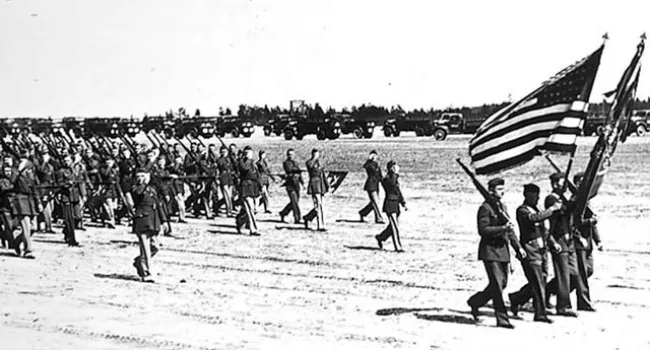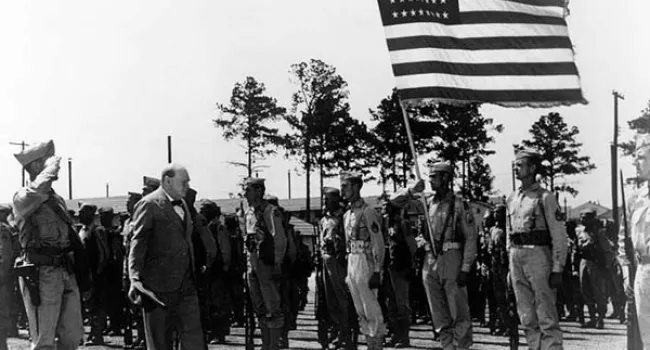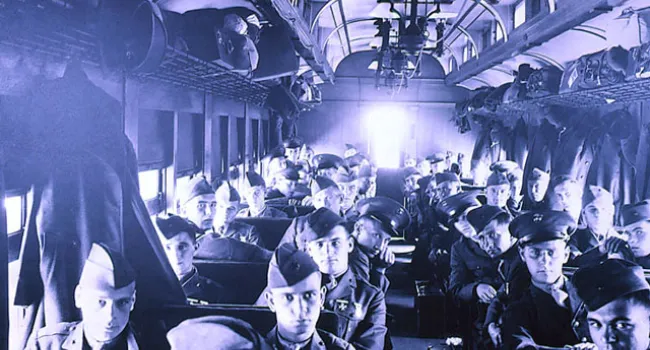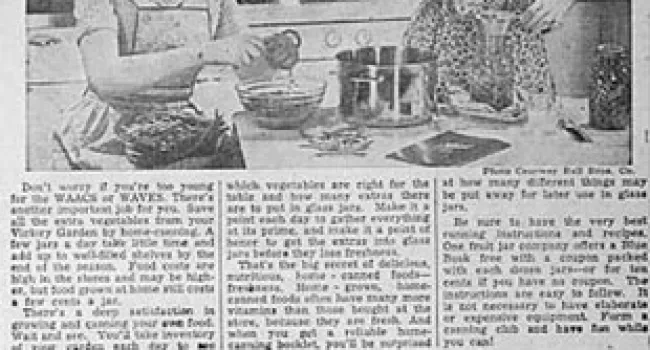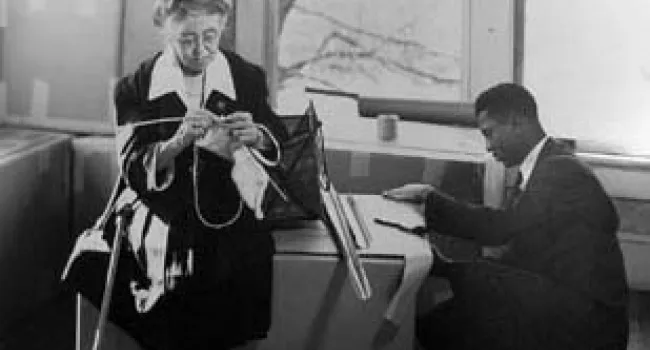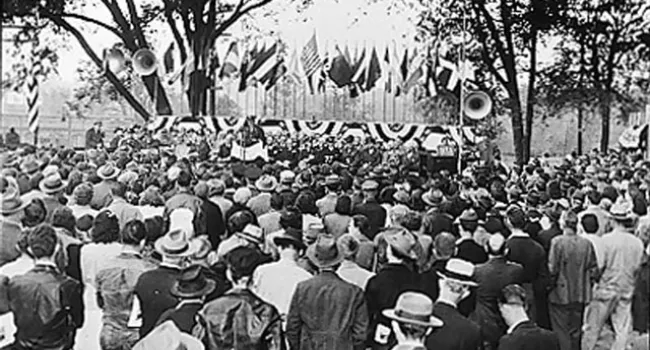
Senate investigations of the profits that some American corporations had made selling war materials to Britain and France prior to World War I made many Americans suspicious of entanglements with European powers during the 1930s. A series of neutrality acts in 1935, 1936, and 1937 was designed to prevent the United States from being drawn into European conflicts. When Hitler marched his German troops into Poland, conquered France, and began an all-out aerial war against England in 1939-1940, most Americans sympathized with their former allies, but were reluctant to become part of the war. Nevertheless, as the war progressed, the U.S. gave increasing help to England and France. Those who saw direct American involvement in the war as inevitable assumed that it would begin in Europe. But the surprise attack by the Japanese on the American fleet at Pearl Harbor, a naval base in Hawaii, plunged the United States into war simultaneously in both Europe and the Far East. South Carolinians who remember Pearl Harbor Day often can recall exactly where they were and what they were doing when they heard the news of that attack, conveyed here in the headlines of the "Columbia Record" on December 7, 1941.
Courtesy of the South Caroliniana Library.


